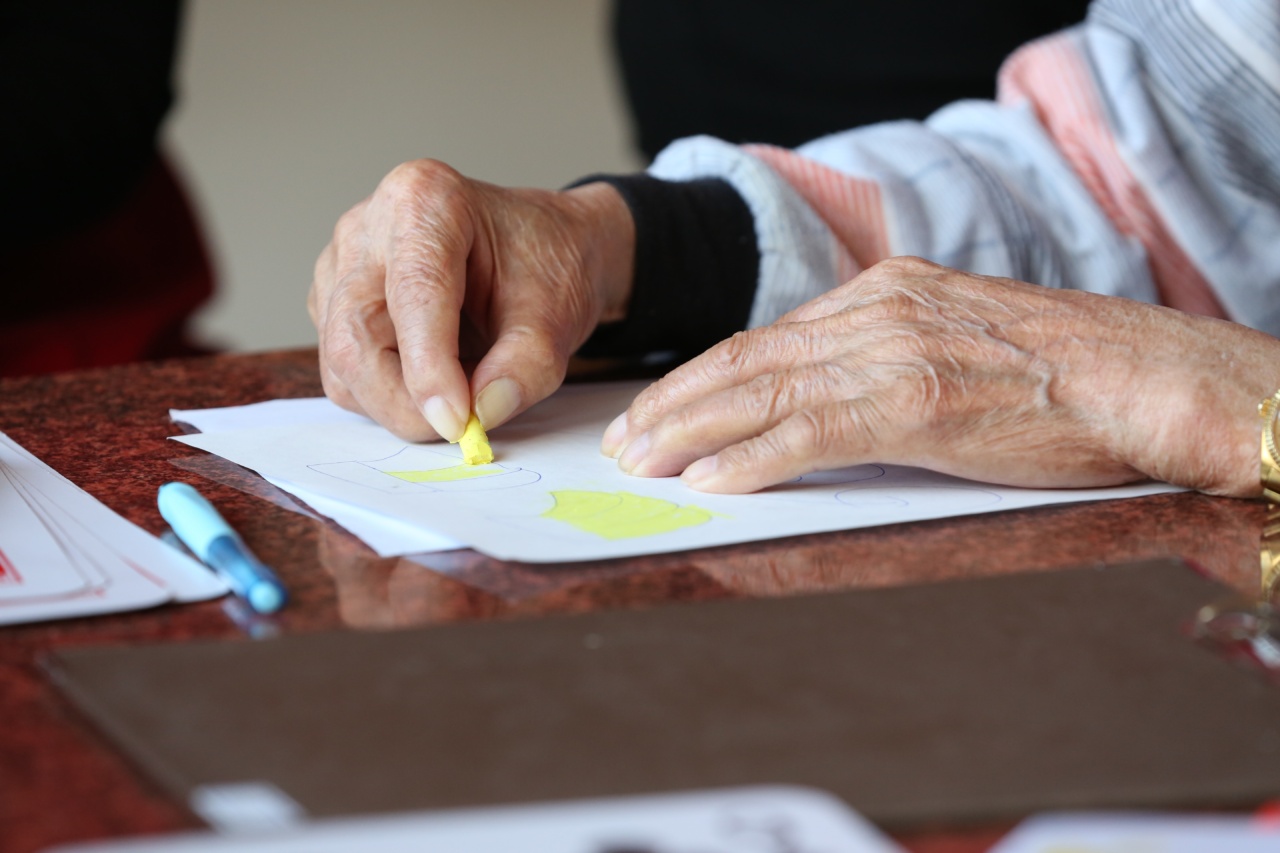Rheumatoid Arthritis (RA) is a chronic autoimmune disease that primarily affects the joints, causing inflammation, pain, and limited mobility. It can also impact other organs and systems in the body.
While there is no known cure for RA, managing the symptoms and slowing the progression of the disease is possible. In recent years, healthcare professionals have recognized the importance of a whole-patient approach to treatment, considering both the physical and emotional well-being of individuals with RA.
Understanding Rheumatoid Arthritis
Rheumatoid Arthritis occurs when the immune system mistakenly attacks the synovium, the lining of the joints. This leads to inflammation, which in turn causes chronic pain, swelling, and stiffness.
The severity of symptoms can vary from person to person, making it a highly individualized disease. RA commonly affects the hands, feet, wrists, knees, and ankles.
Traditional Treatment Approaches
Traditionally, the treatment of RA focused on relieving joint pain and inflammation through the use of nonsteroidal anti-inflammatory drugs (NSAIDs) and disease-modifying antirheumatic drugs (DMARDs).
These medications aim to reduce inflammation and slow down the progression of the disease. In severe cases, biologic response modifiers (biologics) may be prescribed to target specific components of the immune system.
The Whole-Patient Approach
While medications play a crucial role in managing RA, a whole-patient approach acknowledges that there are various factors that contribute to the overall well-being of individuals with this condition.
1. Lifestyle Modifications
Adopting healthy lifestyle habits can significantly improve the quality of life for people with Rheumatoid Arthritis.
Regular exercise, such as low-impact activities like swimming or yoga, can help improve flexibility and strengthen the muscles supporting the affected joints. It is important to consult with a healthcare professional to determine the best exercise routine for individual needs.
2. Diet and Nutrition
There is evidence to suggest that certain foods may trigger or worsen symptoms in individuals with RA, while others can help reduce inflammation and promote overall health.
A balanced diet rich in fruits, vegetables, whole grains, and lean proteins may have a positive impact on RA symptoms. Some individuals also find relief by incorporating foods with anti-inflammatory properties, such as fatty fish, nuts, and olive oil, into their diet.
3. Stress Management
For many individuals with Rheumatoid Arthritis, stress is a significant factor that can exacerbate symptoms. Engaging in stress-reducing activities, such as meditation, deep breathing exercises, or engaging in hobbies, can help manage stress levels.
Support groups or counseling may also provide emotional support and coping mechanisms.
4. Physical Therapy
Physical therapy can be an essential component of a holistic treatment plan for RA. A physical therapist can work with individuals to improve joint function, strengthen muscles, and enhance overall mobility.
They can also provide education on proper body mechanics to reduce the risk of joint damage.
5. Complementary Therapies
In addition to traditional medical treatments, some individuals find relief through complementary therapies. These can include acupuncture, massage therapy, and herbal supplements.
It is important to consult with a healthcare professional before trying any complementary therapies to ensure they are safe and effective.
6. Assistive Devices
Assistive devices, such as braces, splints, or orthopedic shoes, can help support affected joints and reduce pain.
Occupational therapists can also assess individuals’ daily activities and recommend adaptive strategies or assistive devices to minimize joint strain.
7. Education and Self-Management
Education is a vital part of managing Rheumatoid Arthritis. Understanding the disease, its progression, and available treatment options empowers individuals to actively participate in their own care.
Learning self-management techniques, such as pacing activities, using proper joint protection techniques, and managing fatigue, can greatly improve the day-to-day experience of living with RA.
8. Emotional Support
Living with a chronic condition like Rheumatoid Arthritis can be challenging emotionally. Connecting with others who are going through similar experiences can provide invaluable emotional support.
Support groups, online communities, and counseling services can help individuals navigate the emotional impact of RA and provide a safe space for sharing concerns and coping strategies.
9. Medication Management
While exploring holistic treatment approaches, it is important to remember that medications prescribed by healthcare professionals are crucial in managing RA.
Adhering to prescribed medication schedules, attending regular check-ups, and discussing any concerns or side effects with healthcare providers is essential for optimal disease management.
10. Balancing Rest and Activity
Finding the right balance between rest and activity is key for individuals with Rheumatoid Arthritis. Too much rest can lead to muscle weakness and joint stiffness, while overexertion can worsen pain and inflammation.
Learning to listen to the body’s needs and pacing activities accordingly is essential for maintaining functionality and preventing disease flare-ups.
Conclusion
Managing Rheumatoid Arthritis requires a comprehensive treatment approach that goes beyond simply alleviating joint pain and inflammation.
By considering the whole patient, healthcare professionals and individuals with RA can work together to find the most effective treatment plan. Incorporating lifestyle modifications, addressing emotional well-being, and exploring complementary therapies can significantly improve the quality of life for those living with this chronic condition.
Together, these holistic approaches contribute to a more comprehensive and personalized management strategy for Rheumatoid Arthritis.































